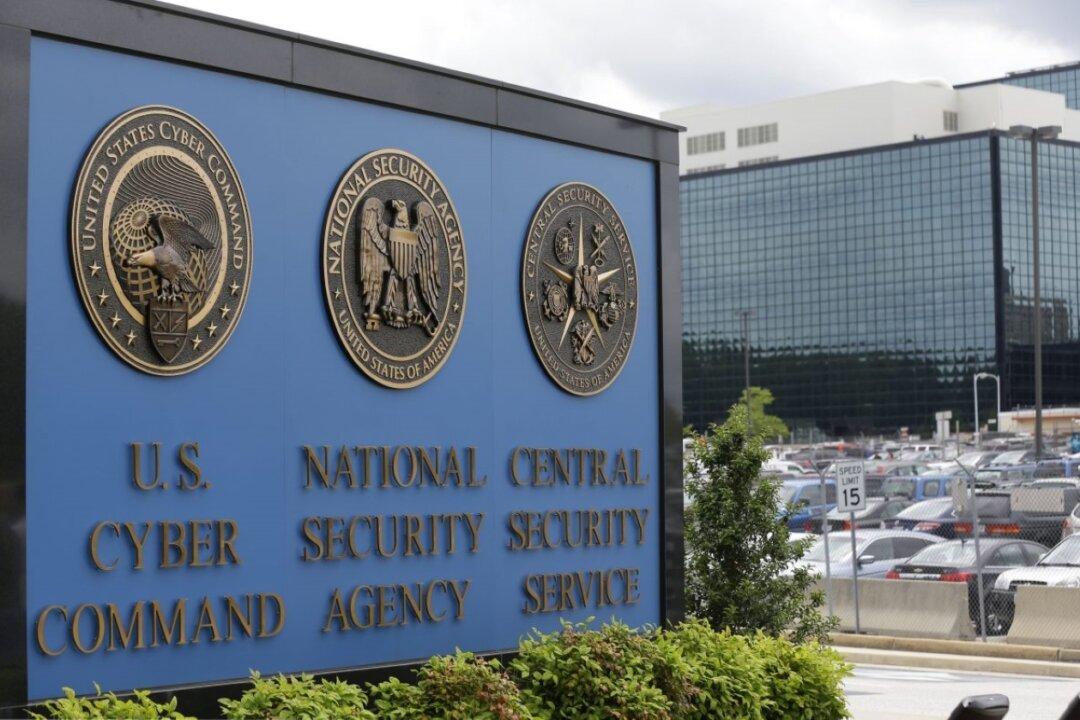The National Security Agency (NSA) on Oct. 20 warned that hackers linked to the Chinese regime are targeting America’s national defense and security networks, and urged networks to take preventive measures.
The NSA said in an advisory (pdf) that “Chinese state-sponsored malicious cyber activity” is one of the biggest threats to Pentagon information networks, national security systems, and the defense industrial base.





